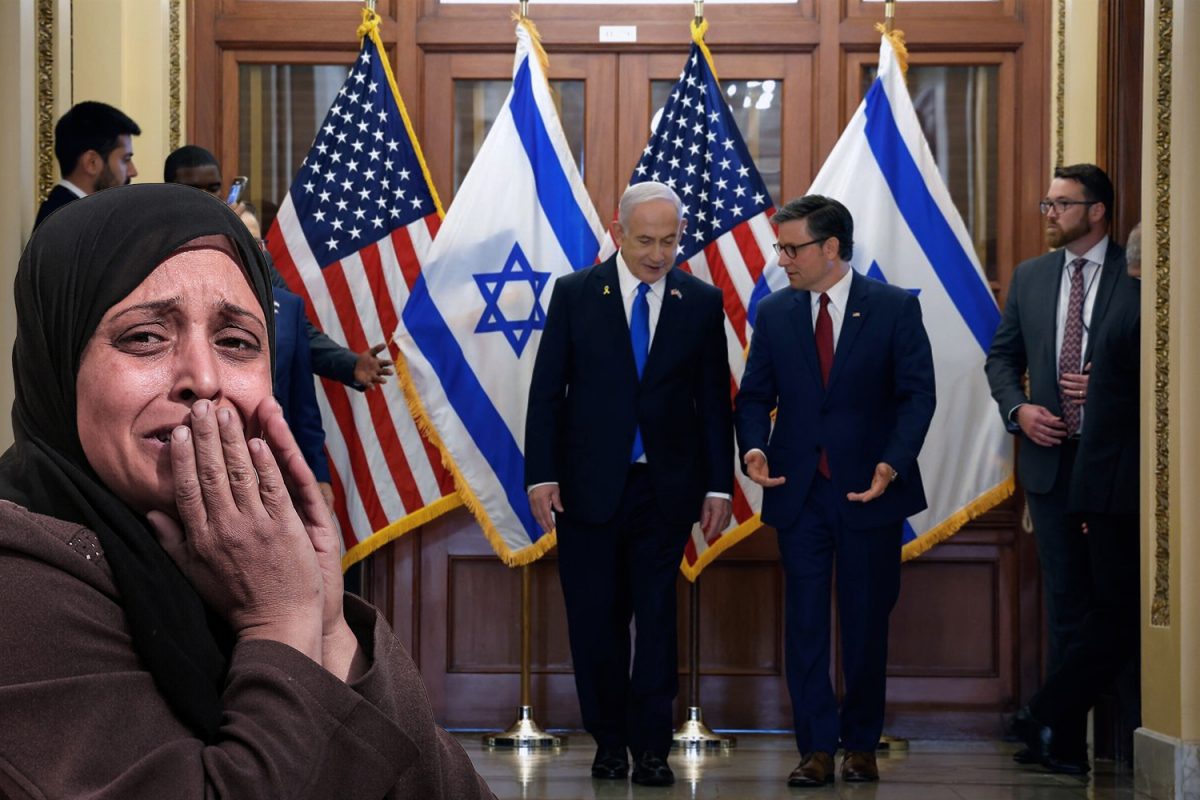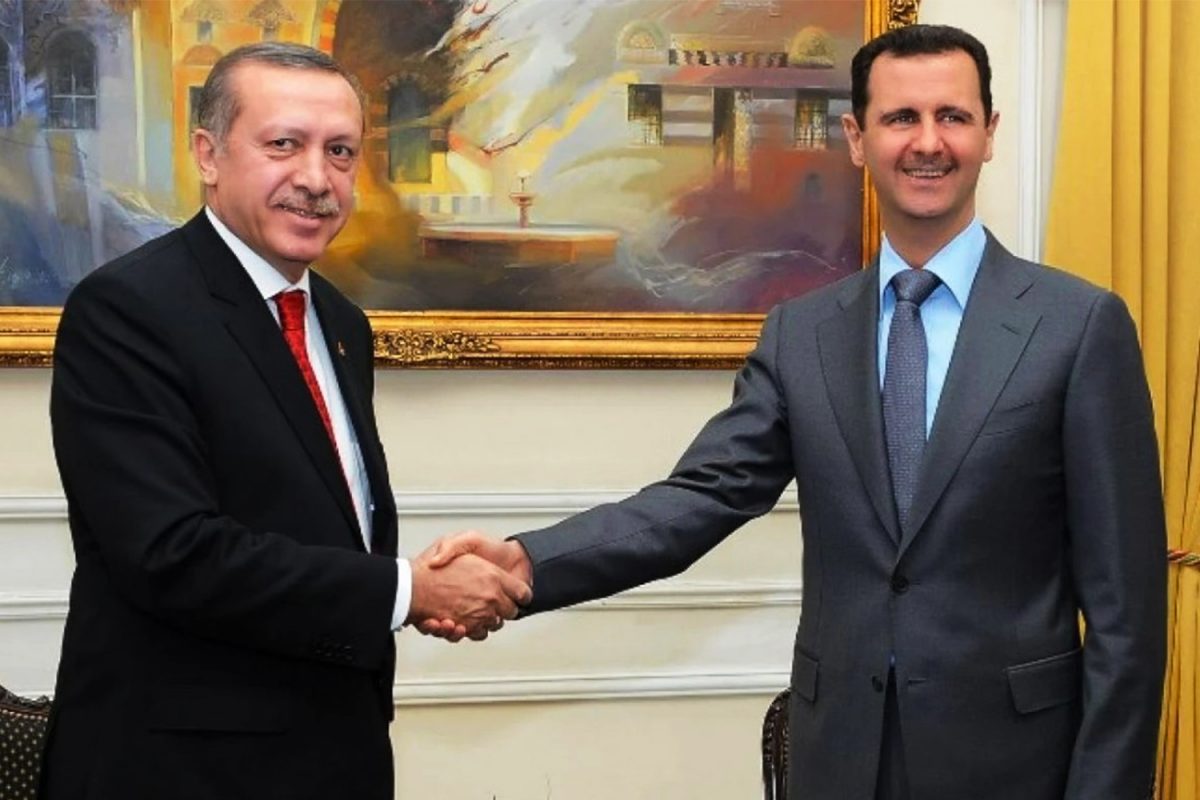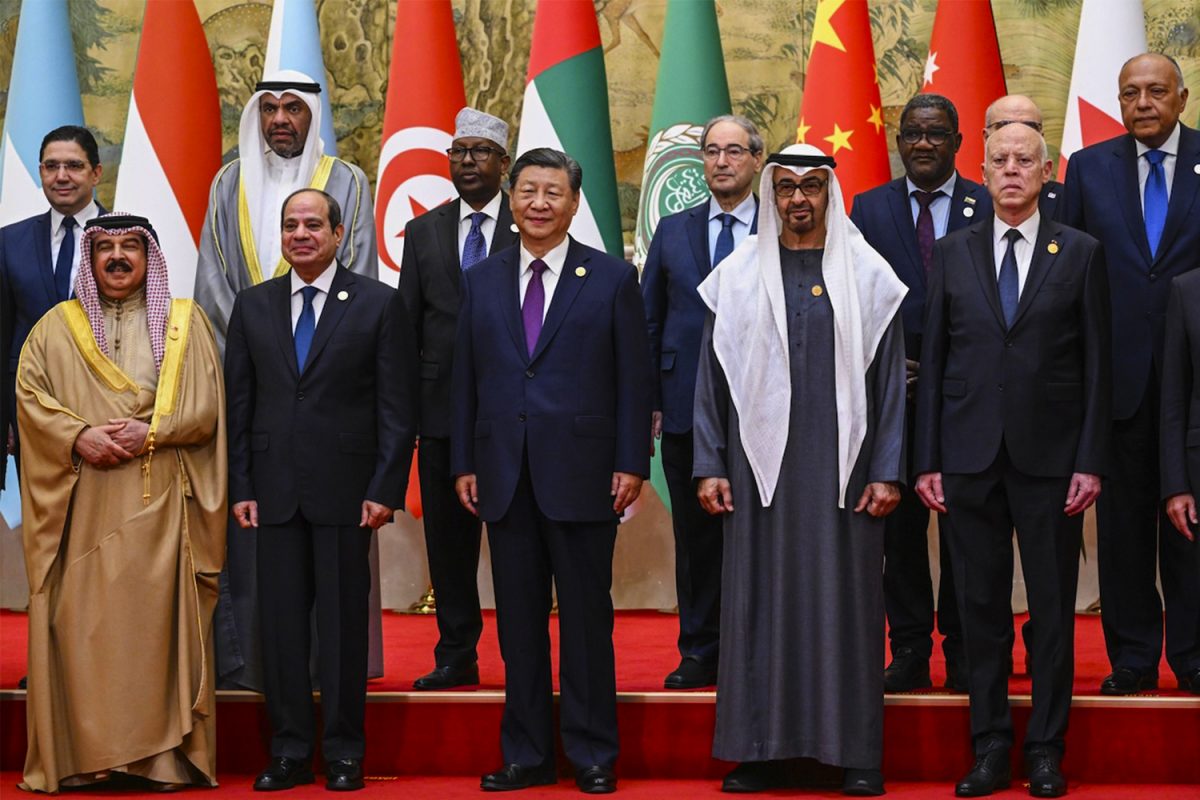By Zahid Sharif
The 2022 FIFA football world cup came to an end with the final on Sunday the 18th of December. The first football world cup held in the Middle East raised controversy from the very first day Qatar won the bid to host the finals. From this day, geopolitics became intertwined with the tournament and continued for the duration of the competition. A staggering 3.5 billion people watched the final at the Lusail Stadium and such numbers make football, like any other sport, very useful to serve as tools for governments, groups and organisations to disseminate their political messages. The Qatar world cup was no different with a number of clashes taking place by opposing worldviews.
Sports have been used from ancient times to achieve political ends. Ancient Rome used chariot races and gladiator games to keep its citizens content and prevent rebellion. This practice, referred to as “bread and circuses,” was seen as a way to placate the population with food and entertainment and it also fostered a culture of dependency as the people became reliant on the government for their necessities and leisure. The British empire used sports as a means of unifying and bonding the diverse populations under their rule. In the 19th and early 20th centuries, they established sports clubs and organised competitions in various colonies, including India, Africa, and the Caribbean. The British saw sports as a way to bring the colonised peoples together and also to assert British dominance and superiority over the colonised populations. During the Cold War, the Olympic Games were used by the US and the Soviet Union as a means of political propaganda, with each country using international sporting events to show their superiority over the other. The US famously used ping pong (table tennis) diplomacy in 1972 to open ties with China and most recently basketball diplomacy was used by the US in 2019 where NBA players, such as Dennis Rodman and Vincent Yang, played an exhibition game against a North Korean team in Pyongyang to ease tensions between the two countries.
Two Flags One Goal
Morocco shocked the whole world by defeating a number of football heavyweights and by reaching the semi-finals. They officially received the underdog title and saw an outpouring of support from across the world for their performance and ability to defeat more established nations. But it was the team’s non-football act that will have political repercussions. Morocco lofted a flag after each of their victories, but the flag that billowed high in the air wasn’t Morocco’s. The display of the Palestine flag was a show of solidarity and seen as an essential part of the Moroccan team’s cause. What made this even more shocking for many western observers was the fact that the King of Morocco was a signatory of the Abraham accords in order to normalise relations with Israel. One analyst concluded: “The World Cup in Qatar has pierced the illusion that the Abraham Accords are anything more than agreements between an apartheid state and brutal dictatorships.”[1]
Clash of Values
Qatar’s banning of alcohol consumption and rules for modesty clashed directly with western values of individualism and free expression. Controversy began before the tournament kicked off when the Qatari ambassador to the UK Fahad bin Mohammed Al-Attiyah warned LGBTQ soccer fans visiting the tournament against “public displays of affection.” With western pundits hitting back, the FIFA President Gianni Infantino leaped to the defence of Qatar, accusing the west of “hypocrisy,” he said: “We have been taught many lessons from Europeans and the Western world. I am European. For what we have been doing for 3,000 years around the world, we should be apologising for the next 3,000 years before giving moral lessons.” Many European broadcasters refused to show the opening ceremony to the tournament out of protest against the Muslim heritage and values of the region. Off the field there was a clear clash of values between western nations and their media about inclusivity and rights of those that identify as LGBTQ with the values of family, marriage and broader Islamic beliefs of the region. What this showed was that sports are not free of politics and many see it as an arena to showcase their beliefs, identity and political messages. In this case, western values of free expression came up against the region’s Islamic values.
Regional Competition
Saudi Arabia’s de-facto ruler Muhammed bin Salman (MBS) was received on arrival by Qatari Emir Sheikh Tamim bin Hamad Al Thani, after which the two leaders held meetings. What made this so politically significant was the fact that just a year ago Saudi was implementing a full blockade. The Gulf states and Saudi Arabia are ruled by clans that have been at war with each other for centuries. They have for long competed over resources, water and land and now that they are nations, this has not changed and has now expanded into sports, international organisations, economics and the media. Qatar’s use of its large gas reserves, establishment of al Jazeera and projecting the nation as a modern, industrious nation has seen it run into competition with the UAE and Saudi Arabia. The hosting of the World Cup in the tiny nation that has no football league or history of the sport was in this light. For four weeks Qatar was the centre of the world. This is why the monarchy spent $319 billion on infrastructure for the tournament, knowing it would make at most $20 billion in revenues from the tournament. For the Qatari monarchy, this is a price worth paying for regional leadership.
Sportwashing
In order to establish themselves as major players in the world of sport and boost their international image, the Gulf states of Bahrain, Kuwait, Saudi Arabia, the UAE and Qatar have invested heavily in sports facilities and infrastructure. They have competed to host major international sporting events, such as the Olympic Games and the Asian Games. The UAE has made a strong push to host high-profile events, including the Dubai World Cup, one of the world’s most lucrative horse races, and the Abu Dhabi Grand Prix, a Formula One racing event. Additionally, Saudi Arabia, UAE and Qatar submitted bids to host the 2022 FIFA World Cup which Qatar ultimately won.
Whilst the Gulf Nations have been marketing their investments as economic opportunities to diversify their economies, the undeniable fact is that all the Gulf Nations have long-standing and deep rooted rivalries amongst each other.
Western media outlets and human rights groups accuse the region of using sports to deflect from their human rights records. The grisly murder of journalist Jamal Khashoggi tarnished the Saudi Crown Prince’s image, whilst the treatment of migrant workers in the region and in the construction of stadiums for the World Cup by Qatar saw many accuse Qatar and the region of sportswashing.
Earlier in 2022 Saudi Arabia launched LIV Golf league in direct competition with the much established PGA league. The ability to attract the world’s best players with unlimited funds rocked the world. With Qatar and the UAE targeting football, entertainment and other sports they threaten the status quo across the sports world. The Gulf nations are reshaping the world of international sports and are looking to dominate the environment in which professional players compete, much to the ire of the west.
The FIFA world cup, much like any other sport, can never be free from geopolitics as they require people and nations to participate and one cannot separate their political ideas, identities and causes from their day jobs. The Gulf states are trying to showcase their attempts to move away from the dominance of oil to other industries under the guise of reforms. But economic development has never been built upon sports as it cannot stimulate the broader economy. The problem with focusing on activities related to tourism and entertainment, including sports, is they do not require the participation of the small regional domestic populations. In the end the World cup in the region is really the 21st century attempt to maintain the monarchies in the region in light of new demographic, economic and social trends.
[1] The World Cup has exposed the bankruptcy of the Abraham Accords – Mondoweiss




